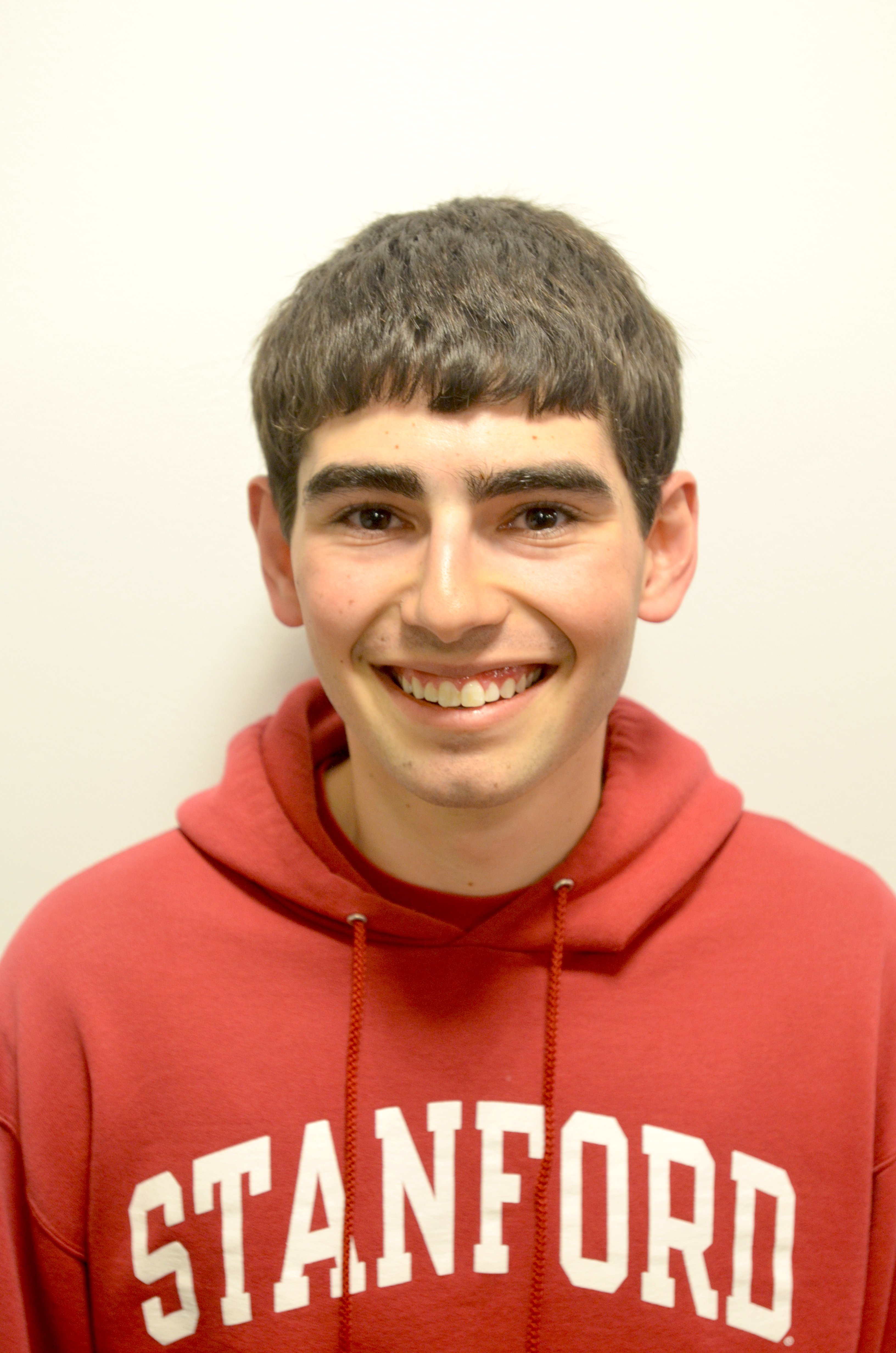An Oregon running back flips the ball to the line judge. Forty. Thirty-nine. He gets back up as the referee signals a first down. Thirty-eight. The wide receivers down field sprint back to the new line of scrimmage. Thirty-seven. Thirty-six. The Ducks’ linemen waddle their way to where the ball has been spotted. Thirty-five. Thirty-four. Thirty-three. Quarterback Marcus Mariota quickly looks over the panting defense, which scrambles to get back in its alignment. One of the defensive linemen jogs toward the sideline as a sub races in. Thirty-two. An Oregon receiver takes off in motion toward the center of the field on a jet sweep. Thirty-one.
Mariota calls for the ball, and it’s snapped. As the linemen grapple in the trenches, 50,000 eyes turn, in an instant, to a flash of yellow shot out of a cannon in the backfield.
It’s not Oregon’s latest neon uniform. It’s a penalty flag.
Welcome to the new college football.
If the NCAA football rules committee has its way, the wings of the quick-strike Ducks offense will be clipped somewhat in 2014, with a new regulation prohibiting teams from snapping the ball during the first 10 seconds of the play clock (except in the final two minutes of the half). Oregon has averaged about 15 seconds between plays in previous years, but it has also snapped the ball in as few as five seconds. Next season, it seems that would result in an absurdly named “delay of game” penalty.
The rule is intended to give the defense a chance to substitute players against no-huddle offenses, which would prevent injuries to winded defenders. I’m not here to discuss the merit of that thinking, which has taken a beating in the media this week.
My question is: What does this mean for Stanford?
The obvious answer is that the Cardinal, with its meticulous, pro-style attack, will benefit on the defensive side of the ball infinitely more than it will be harmed on offense. And though I’m confident that this program has the legs to replace outgoing studs like Shayne Skov ’13, Trent Murphy ’13, Ben Gardner ’13 and Ed Reynolds ’14, I also think that the Stanford defense should be happy with every edge it can get in 2014.
On the other hand, take a look at what Gardner posted to Twitter on Wednesday:
The new rule proposal in cfb is not needed if you ask me. There’s an easier way to slow down offenses: don’t let them get 1st downs
— Ben Gardner (@BennyG49) February 12, 2014
Easy to say for Gardner, who will never have to face Mariota and Co. again.
But there’s a deeper meaning to the implied hubris of the Cardinal defense, which has earned respect as the only unit in the country to have demonstrated any sort of consistency in stopping the Ducks. There’s a chance that the Cardinal’s targeted recruiting, which has been aimed specifically at defensive players fast enough to keep up with Oregon’s speedsters, and its world-class conditioning, which has made the no-huddle a non-issue, will no longer set it apart from other college football teams. What will be Stanford’s identity, if not, “the team that beat Oregon?”
The Cardinal’s coaches probably don’t care about that perception issue. Personally, I’ll miss the two November nights when the free-flying Ducks couldn’t get past Stanford on national TV.
But at the end of the day, it’s just a couple of seconds. People always tell us to slow down and enjoy the best years of our lives; shouldn’t that apply in Eugene as well?
Waddle slowly, my friends. Waddle slowly.
Joseph Beyda is going to eat his words when Oregon debuts its sumo-wrestler-based power offense next year to physically overwhelm the Cardinal. Tell him about how Mark Helfrich always has something new up his sleeve at jbeyda ‘at’ stanford.edu.
